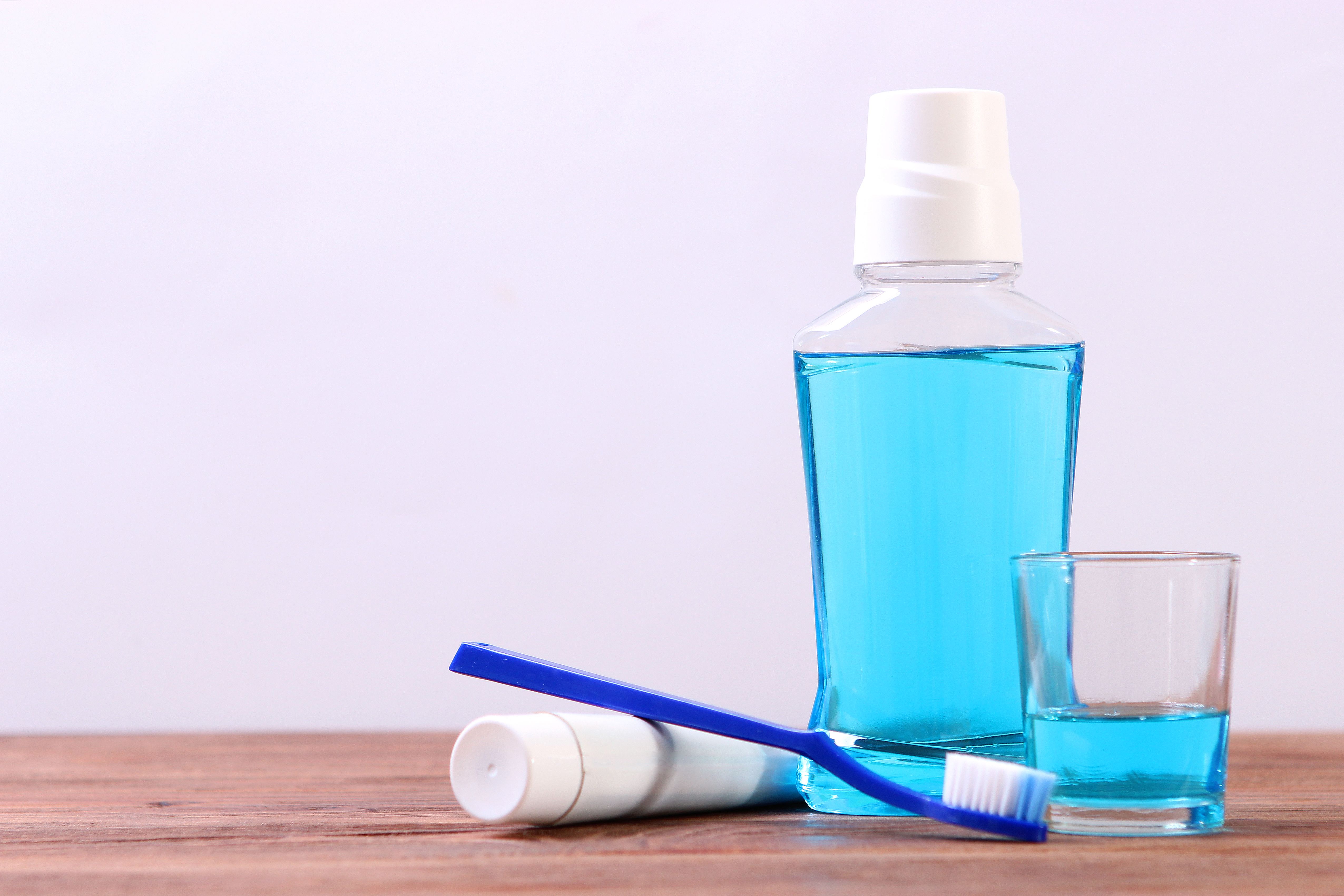Common Mistakes to Avoid with Retainer Usage
Congrats on achieving your desired orthodontic outcome! However, proper retainer usage is crucial after completing orthodontic treatment to maintain your beautifully aligned smile. Retainers play a pivotal role in keeping your smile straight and healthy.
However, even with the best intentions, it's easy to make mistakes when using retainers. These mistakes can undermine the effectiveness of your retainers, potentially leading to orthodontic relapse and requiring additional treatment. In this blog, we'll explore the common mistakes to avoid with retainer usage, equipping you with the knowledge to preserve your new smile for years.
Common mistakes that can affect Retainer effectiveness
Mistake 1: Inconsistent Wear
Wearing retainers as prescribed is crucial to maintain the alignment of your newly straightened teeth and prevent unwanted shifting. They help stabilize teeth and allow surrounding structures to adapt to the new alignment, ensuring the longevity of your orthodontic results.
However, not wearing your retainers as prescribed can cause your teeth to shift back to their original positions, undoing all the hard work and investment you put into achieving a straight smile. As a result, it can lead to crowding, misalignment, or spacing issues, which may require additional orthodontic treatment.
Tips for Establishing a Consistent Wear Routine
Establishing a consistent wear routine is essential to ensure the effectiveness of your retainers. Following are some tips to help you stay on track:
Follow your orthodontist's instructions: Follow your orthodontist's instructions on wearing retainers to maintain the results of your treatment.
- Set reminders: Use a retainer case to make wearing retainers a daily habit for consistency.
- Make it part of your nighttime routine: Wear retainers while sleeping to establish a way and reduce forgetfulness.
- Overcome challenges: Talk to your orthodontist about if wearing retainers is uncomfortable or difficult. They can help with alternatives or address concerns.
Mistake 2: Improper Cleaning
Properly cleaning your retainers is essential for maintaining their hygiene, longevity, and effectiveness. Unfortunately, many individuals make mistakes when cleaning their retainers, leading to bacteria buildup, unpleasant odors, and even damage to the retainers themselves.
Why are cleaning retainers crucial?
Retainers are in direct contact with your mouth, creating an ideal environment for accumulating bacteria and plaque. Therefore, failing to clean your retainers properly can lead to bad breath, cavities, and gum disease. Additionally, a dirty retainer can develop an unpleasant odor, making it unpleasant to wear.
Common Cleaning Mistakes to Avoid
- Using toothpaste or mouthwash: While it may seem intuitive to use toothpaste or mouthwash to clean your retainers, these products can be too abrasive and may damage the retainer's material. Avoid using these substances for routine cleaning.
- Skipping daily cleaning: Neglecting regular cleaning allows bacteria and plaque to accumulate on the retainer's surface. Therefore, make it a habit to clean your retainers daily to maintain their cleanliness and freshness.

Best Practices for Cleaning and Maintaining Retainers
- Rinse after removal: After removing your retainers, rinse them with lukewarm water to remove any saliva or food particles. This step helps prevent the buildup of bacteria.
- Use a gentle cleanser: Opt for a non-abrasive cleaner designed explicitly for retainers.
- Brush gently: Use a soft-bristle toothbrush designated for retainer cleaning. Gently brush the retainers, focusing on all surfaces, including the nooks and crannies. Avoid using toothpaste or abrasive substances.
- Soak regularly: Consider soaking your retainers in a denture cleaner or a mixture of water and mild dish soap. This process helps remove stubborn stains and kills bacteria. Follow the recommended soaking time provided by the manufacturer.
- Keep them dry: Dry retainers entirely before storing them to prevent bacteria growth. Use a clean towel or air-dry them before placing them in their case.
Mistake 3: Exposing Retainers to Heat or Chemicals
Retainers are delicate oral appliances that require proper care to maintain their shape, structure, and effectiveness. Unfortunately, one common mistake people make is exposing their retainers to excessive heat or chemicals, which can cause irreversible damage.
Understanding How Heat and Chemicals Can Damage Retainers
- Heat: Retainers are typically made from thermoplastic or acrylic materials, which can be sensitive to heat. Exposing your retainers to high temperatures, such as hot water, boiling, or leaving them in a hot car, can cause warping, distortion, or even melting of the material. This can affect the fit and effectiveness of the retainers.
- Chemicals: Certain chemicals in household products, such as bleach, alcohol-based mouthwashes, and some cleaning agents, can harm retainers. These chemicals may cause discoloration, deterioration, or structural damage to the retainers' materials.
Examples of Common Sources of Damage
- Hot water: Cleaning or soaking retainers in hot water can lead to material deformation and loss of retention.
- Boiling water: Boiling retainers is a significant mistake, as it can cause irreparable damage, warping, or even complete distortion of the retainer.
- Chemical-based cleaners: Using cleaning agents that contain harsh chemicals, such as bleach or abrasive substances, can degrade the material and compromise the integrity of the retainers.
Tips for Protecting Retainers from Heat and Chemical Exposure
- Follow manufacturer guidelines: Follow care instructions from your orthodontist or retainer manufacturer for proper cleaning methods and products.
- Use lukewarm water: When cleaning or rinsing your retainers, use lukewarm water instead of hot water to prevent material damage.
- Avoid extreme temperatures: Don't expose your retainers to excessive heat, like hot surfaces, direct sunlight, boiling water, or leaving them in a hot car.
- Choose retainer-friendly cleaning products: Use unique products for retainers, like cleaners and mouthwashes without alcohol, to keep them clean and fresh without damaging them.
- Regularly inspect your retainers: Check your retainers often for damage or wear, and contact your orthodontist if needed.
Mistake 4: Not Storing Retainers Properly
Proper storage is crucial for maintaining your retainers' cleanliness, hygiene, and condition. Unfortunately, many individuals do not store their retainers properly, which can lead to damage, loss, or contamination.
The Importance of Proper Retainer Storage
Properly storing your retainers keeps them clean and protects them from damage and loss. Here's why it matters:
- Hygiene: Retainers can harbor bacteria if not stored properly. Placing them in a clean, dedicated storage case prevents contamination and promotes good oral hygiene.
- Protection: Retainers are delicate appliances that can be easily damaged if not handled and stored carefully. Proper storage helps prevent bending, warping, or accidental breakage.
- Prevention of Loss: Retainers are small and can easily be misplaced or accidentally thrown away if not stored in a designated case. A proper storage routine minimizes the risk of losing your retainers.
Tips for Proper Retainer Storage
- Use a dedicated case: Get a retainer from your orthodontist to keep your retainers safe and clean when not in use.
- Always carry a backup case: Always keep a spare retainer case handy in case of travel or misplacement. This guarantees a secure storage option for your retainers, no matter what.
- Keep the case with you: Always carry your retainer case to keep them safe and prevent misplacement or damage.
- Avoid wrapping in tissue or napkins: Never wrap your retainers in tissue, napkins, or any other disposable material. These can easily be mistaken for trash and accidentally thrown away.
Mistake 5: Chewing on or Playing with Retainers
Retainers are designed to maintain the alignment of your teeth and require proper care and handling. Unfortunately, some individuals make the mistake of chewing on or playing with their retainers, leading to damage, misalignment, or even breakage.
Why is Chewing on or Playing with Retainers a Mistake?
Chewing on or playing with your retainers can negatively affect your retainers and your oral health. Here's why it's essential to avoid this behavior:
- Damage to Retainers: Retainers are made from materials like plastic or acrylic, which may not withstand excessive biting or chewing forces. Therefore, chewing on your retainers can lead to warping, cracking, or even complete breakage, rendering them ineffective.
- Misalignment of Teeth: The purpose of retainers is to maintain the alignment of your teeth. However, chewing on or playing with your retainers can pressure specific teeth, potentially causing them to shift or become misaligned. Therefore, it can compromise the results of your orthodontic treatment.
- Oral Health Risks: Biting or playing with retainers increases the likelihood of introducing harmful bacteria into your mouth. It can also result in minor cuts or injuries to your gums or oral tissues.
Tips for Proper Retainer Usage
- Avoid chewing or biting: Never chew on or bite your retainers. Remember that they are designed to maintain your teeth's alignment, not withstand excessive forces.
- Remove retainers during meals: Take out your retainers before eating to minimize the temptation of chewing on them accidentally. This also prevents food particles from getting trapped between your teeth and the retainers.
- Follow instructions: Adhere to the instructions provided by your orthodontist regarding the wear and care of your retainers because they can provide specific guidance based on your unique orthodontic needs.
- Be mindful and aware: It's essential to know how often you wear your retainer and avoid playing with or chewing on it. Similarly, if you frequently engage in this behavior, remind yourself of the possible outcomes and consciously try to stop.
Conclusion
In conclusion, proper retainer usage is vital for maintaining the alignment of your teeth and ensuring the long-term success of your orthodontic treatment. To maintain your retainers, keep your oral health intact, and flaunt a gorgeous smile, it's essential to avoid common errors and adhere to best practices.
Therefore, you can enjoy a confident and healthy smile for years by staying committed to proper retainer usage and regular follow-ups. Moreover, your orthodontist is your partner in maintaining your oral health and the success of your treatment. So, consult your orthodontist, as they can provide personalized guidance.
Hence, consciously avoid these common mistakes, establish good retainer habits, and prioritize oral health. By doing so, you'll reap the rewards of your orthodontic journey and maintain the beautiful smile you've worked hard to achieve.
Contact your Danville dentist, Dr. Hoss Abar, DDS, MSD at Danville Orthodontics, to know more about Common Mistakes to Avoid with Retainer Usage.
Resource:
*This media/content or any other on this website does not prescribe, recommend, or prevent any treatment or procedure. Therefore, we highly recommend that you get the advice of a qualified dentist or other medical practitioners regarding your specific dental condition*
